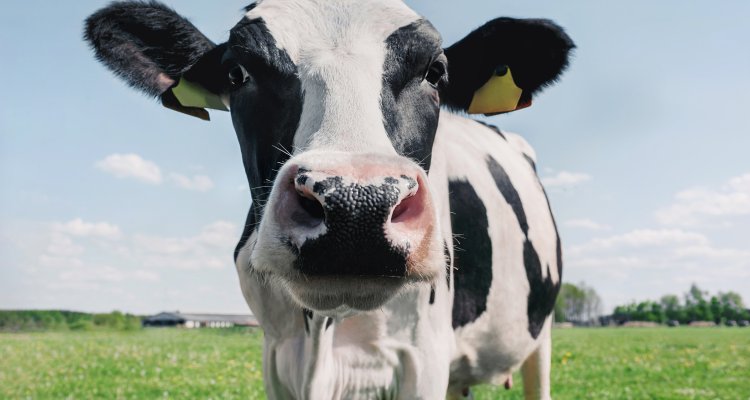
Project
Gedragsbeinvloeding AB reductie
Antibiotic use in livestock farming has already decreased considerably in recent years. However, in some sectors, not all farms succeeded in decreasing their antibiotics use, and in a few (especially small) sectors, it did not suceed either to substantially decrease the antibiotics use. For this reason, a short literature research and interviews with sector representatives are performed to study the motives and barriers at farms and in sectors which did not succeed in decreasing antibiotics use.
On the basis of the interviews it is also studied which tools are used to reduce antibiotics use in the livestock sectors, how effective these are and what the underlying causes are if tools do not have the expected effect in all sectors, at all farms and for all subgroups of farmers. Finally, it is studied which adjustments are needed in existing tools and/or which new tools need to be developed in order to achieve a substantial reduction in antibiotic use in (especially small) sectors and on farms which did not succeed to achieve this.
The research uses insights from the behavioural sciences. The starting point of the research is a behavioural model that identifies both intrinsic drivers (of livestock farmers, veterinarians, feed suppliers and other actors involved) to reduce the use of antibiotics, as well as external conditions that determine whether an intended behaviour can actually be performed.